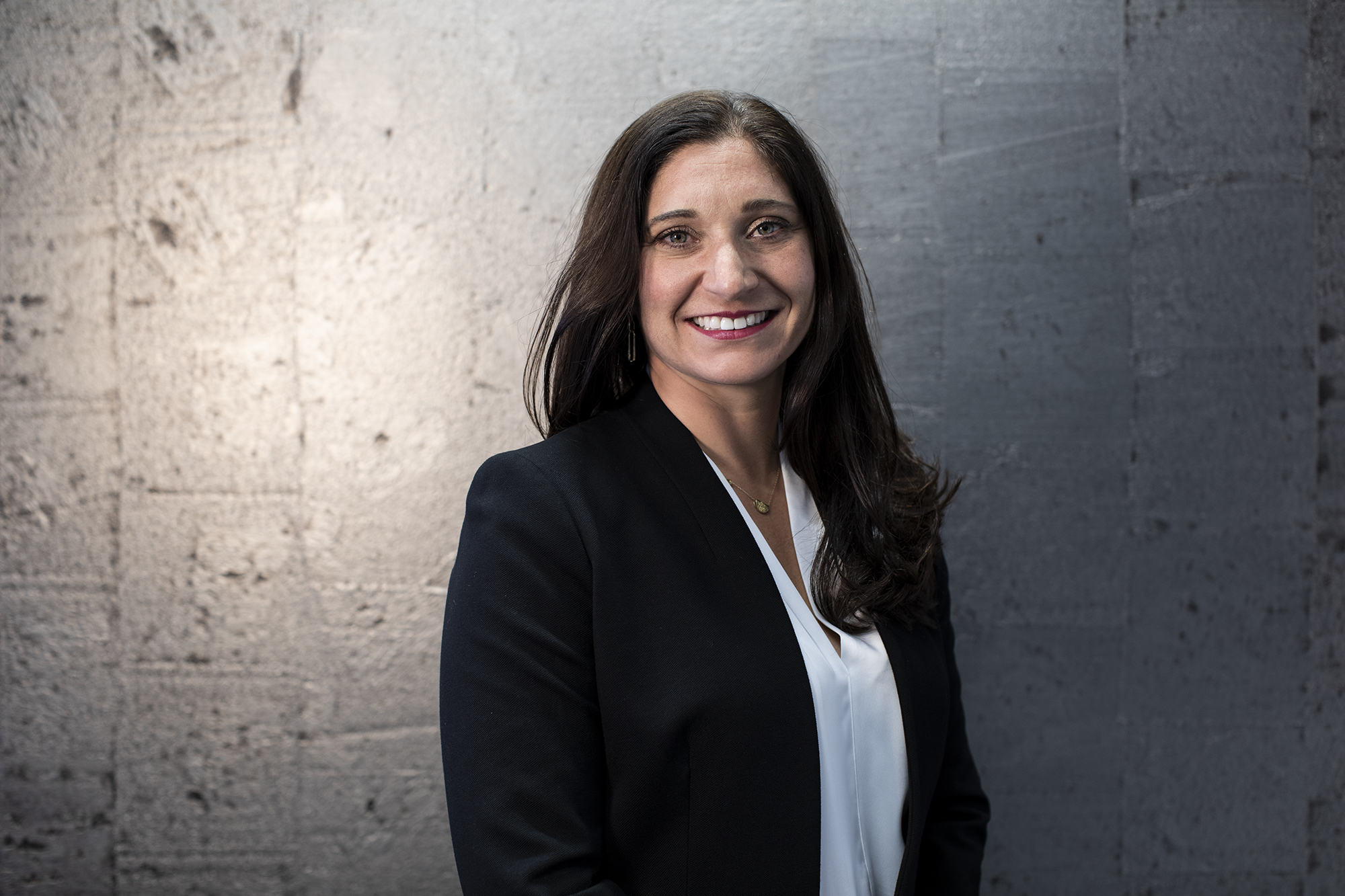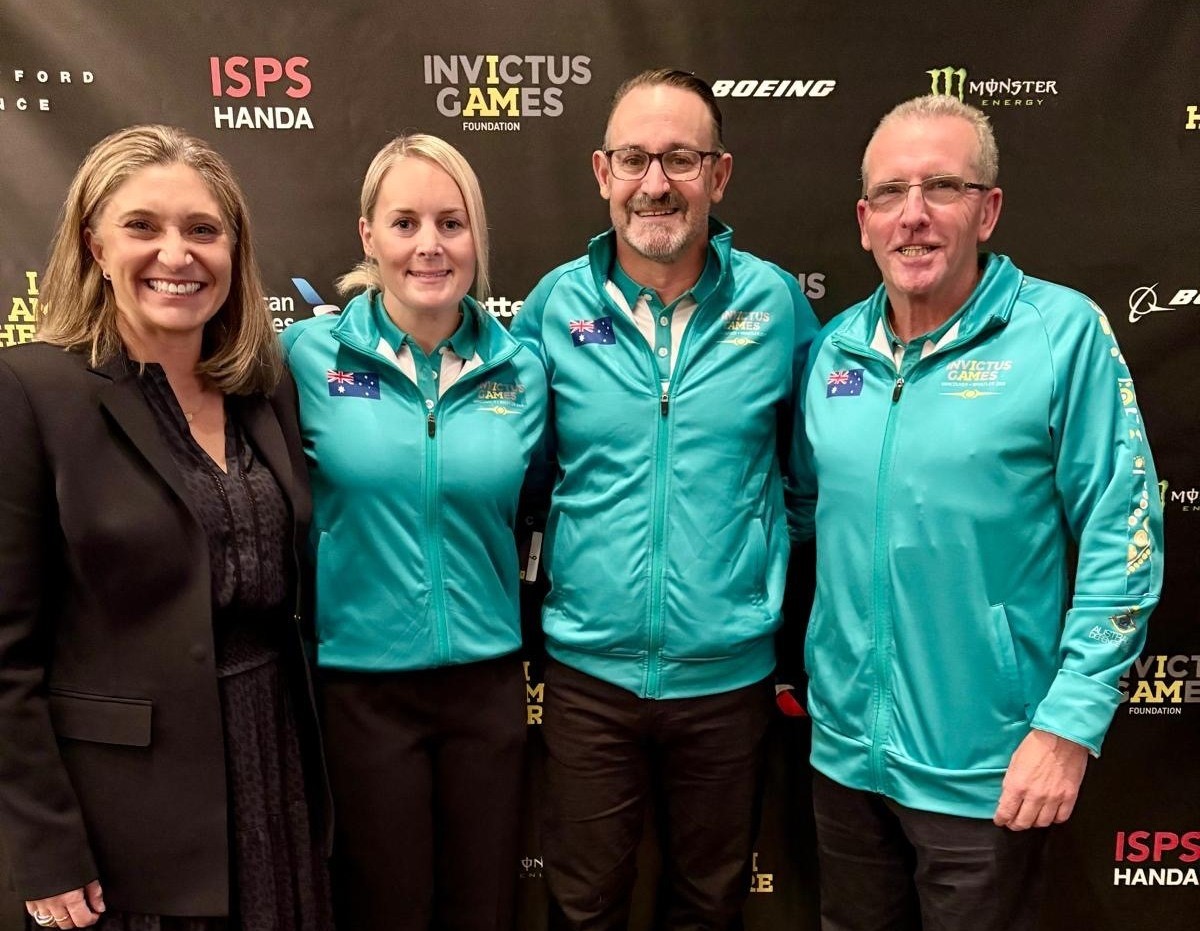No one is coming to save us – Commissioner Gwen Cherne

A call for personal responsibility in healing, transition and connection
By Commissioner Gwen Cherne, Veteran Family Advocate
Over the course of the last 8 years doing this work, I have seen first-hand the immense sacrifices our veterans and their families have made. My involvement both as a lived experience witness and in my professional capacity in the Royal Commission into Defence and Veteran Suicide showed me the critical importance of a framework for improved mental health services, responsive community support, and real systemic change to better address the challenges faced by our veteran families.
While the recommendations from the Royal Commission set an important foundation for support, it remains true that the journey to healing is deeply personal. The recommendations guide and empower us to create a system with continuity of care, support and education, but still the healing must come from within – through our own commitment, recovery, and the daily work of transformation.
The myth of the external saviour
Amidst the challenges faced during and after service, there’s a prevailing hope that a counsellor, specialist, or government program will swoop in and miraculously heal our deepest wounds. The truth is more demanding – and ultimately more empowering: no one is coming to save us. Real healing comes from owning our struggles, doing the hard work every day, educating ourselves and learning to connect with one another along the way.
Counsellors are guides, not miracles. Therapists play a critical role in our journey by offering safe spaces for reflection and growth. They serve as mirrors to reveal blind spots, provide practical tools, and set the guard rails necessary for progress. However, expecting them to “fix” us is a misconception. Their true purpose is to empower us – to remind us that the answers lie within and that the work must be done by us. In this way, they act as co-pilots on our path rather than the sole drivers of our recovery.
It’s all too easy to believe that someone else will fix our pain or trauma. However, for veteran families who have weathered significant hardships, relying too heavily on external help sets us up for disappointment.
While guidance and professional support are invaluable, and a key to our healing, the bulk of our healing – around 90% – must be accomplished from within. They may have the answers to help us heal, but we are the ones who have to do the tough daily work to make healing a reality.
Transition: Personal responsibility when embracing the unknown
Transitioning from military to civilian life is a time filled with uncertainty and change, yet it is also a period rich with opportunity. The skills honed by veteran families during postings – resettling, networking, and reconnecting – are not lost but refined with every move.
Families learn to re-establish themselves and navigate new systems in each posting, turning these experiences into their superpower. Veteran families already possess the answers needed to navigate this journey; what is required is the courage to apply them and embrace the unknown, again and again.
Healing and transition demand a deep sense of personal accountability. It is not about shouldering every burden in isolation but about recognising that the responsibility for change ultimately lies with us. By taking ownership of our healing, we build the skills to face our challenges head-on, confront self-limiting beliefs, and commit to continuous personal growth. It is our daily work, our willingness to fail, learn, and try again, that drives true transformation.
Building inner resilience: The veteran spirit
Veterans and families have already demonstrated remarkable resilience in the face of adversity. This same strength must now be harnessed for the ongoing process of healing. Consider these key elements and try to test the waters outside of the veteran community.
- Active self-reflection: Regularly evaluate your thoughts, emotions and behaviours through journaling, meditation, audiobooks, podcasts or open discussions with trusted peers. Why not retrain your brain with a gratitude journal?
- Set healthy boundaries: Create a good relationship with sleep and then establish clear limits in relationships, work and even internal dialogue to create a secure environment for growth.
- Continuous learning: Engage with diverse resources – books, workshops, experts or community groups. Join your local surf club, pick up a hobby, take a course on neurocognitive skills or get out into nature. Do something completely new to challenge yourself!
- Fail and then celebrate small victories: Don’t be afraid to fail – a lot – along the way. Recognise and celebrate every step forward, however small, as proof of your ongoing strength and progress.
Connection: The power of community and vulnerability
No healing journey is undertaken in isolation. Connection is the key to breaking free from our own mental confines.
We are all responsible for reaching out, getting outside our heads, and learning to fail as a pathway to growth. Whether through shared experiences, open conversations, or collective support, building meaningful connections is the key to all of this. By embracing our own vulnerability and acknowledging our shared struggles, we not only support our own healing but also uplift those around us.
Healing is not a destination: it is an ongoing, daily commitment to personal growth. Don’t I know this all too well. By accepting that no external saviour will arrive, we empower ourselves to take proactive steps toward lasting improvement. The journey might be challenging, and setbacks are inevitable, but every step taken in education, self-ref lection, connection and personal accountability reaffirms our strength.
While it’s not easy, the struggle is worth it. The growth, empowerment and personal development will be with you forever and will benefit yourself, and everyone in your family and community.
Image below: With Team Australia’s co-captains Dr Kaz Gladysz and Doug Griffiths, and RSL Australia CEO Phillip Winter, at the Invictus Games.
